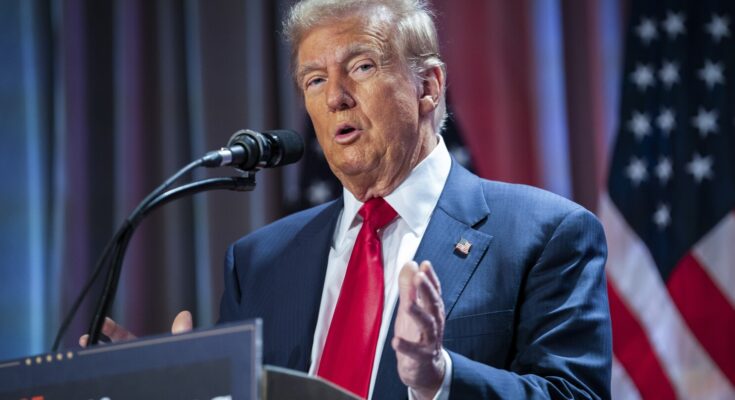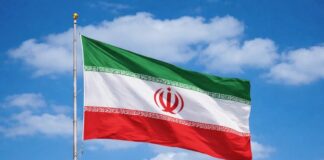Recent developments in the U.S.-China trade relationship are poised to exacerbate Nigeria’s existing trade deficit with China, which stood at approximately N7.52 trillion as of the third quarter of 2023. Analysts from Meristem Securities have highlighted that the ongoing tariff war between the United States and China could have significant spillover effects on the Nigerian economy.
In early February 2025, the U.S. administration imposed a 10% tariff on all Chinese imports, aiming to address trade imbalances and protect domestic industries. In retaliation, China announced tariffs ranging from 10% to 15% on various U.S. goods, including crude oil, liquefied natural gas, and agricultural machinery.
Nigeria, which relies heavily on imports from China—accounting for about 24.36% of its total imports—may face increased inflows of Chinese goods as China seeks alternative markets to mitigate the impact of U.S. tariffs. This potential surge in Chinese exports to Nigeria could further widen the trade deficit between the two nations.
Moreover, the global economic shifts resulting from the U.S.-China trade tensions could lead to a stronger U.S. dollar, making imports more expensive for countries like Nigeria. This scenario poses risks of currency depreciation and heightened inflationary pressures within the Nigerian economy.
In summary, the escalating tariff measures between the U.S. and China are likely to have adverse effects on Nigeria’s trade balance with China, potentially deepening the existing trade deficit and exerting additional pressure on the nation’s economy.





